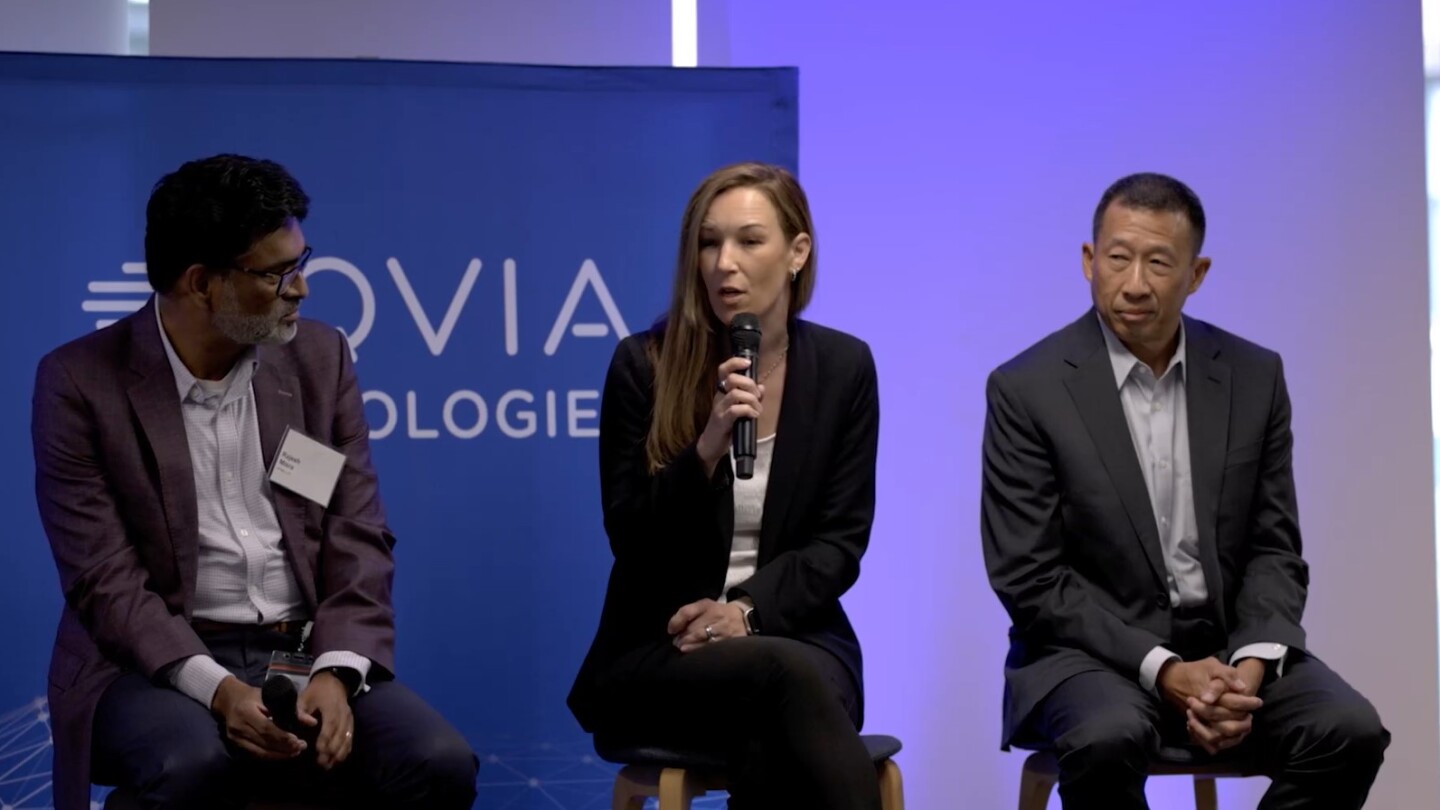Medtech
Fueled by advances in biomarkers, brain mapping, and AI, investment in neuro and CNS innovation shows no signs of slowing, even amid costly setbacks. BioSpace spoke to investors at JPM26 to get their take on recent bets in new therapies and neurotech.
The pharmaceutical supply chain and device development have become intricately linked. Harmonizing formulation development with drug delivery device design—and leveraging a single‐vendor ecosystem—can deliver significant time, cost, and regulatory advantages for US‑focused drug products, according to industry experts.
Reporting third quarter earnings on Tuesday, Johnson & Johnson CEO Joaquin Duato said the healthcare giant has not yet secured a drug pricing deal with the White House, but discussions are ongoing.
The targeted drug release device TAR-200 shows promising response and disease-free survival rates in specific populations of patients with non-muscle-invasive bladder cancer.
Despite a $400 million impairment charge, analysts say the removal of a drug-device combo from its portfolio is not a huge loss for Vertex given that the company has a more advanced type 1 diabetes candidate in zimislecel.
At a private event held amid the fallout from the CrowdStrike incident, cybersecurity issues took a front seat, with the consequences of the evolving EU AI Act and the Loper Bright and Corner Post decisions also raising concerns for quality assurance and regulatory affairs professionals.
Humacyte’s stock price dropped 18% in after-hours trading Friday after the company announced the FDA requires additional time to review its Biologic License Application. No reason was given for the delay or an updated decision date.
The specialty pharmaceutical company has twice filed for bankruptcy in recent years, driven by opioid-related litigation. Mallinckrodt’s deal with CVC will allow it to pay off more than half of its net debt.
Fresh off its $13-billion acquisition of medical devices developer Shockwave Medical, Johnson & Johnson is expecting greater business growth in the future.
The groundwork being done in 2024 is building the foundation for global collaboration in the future.
PRESS RELEASES










